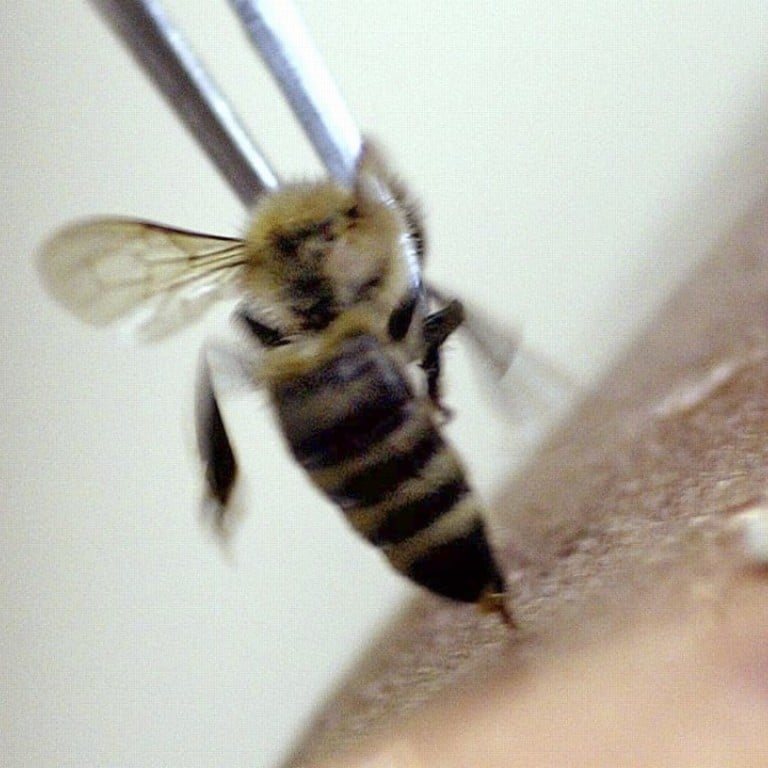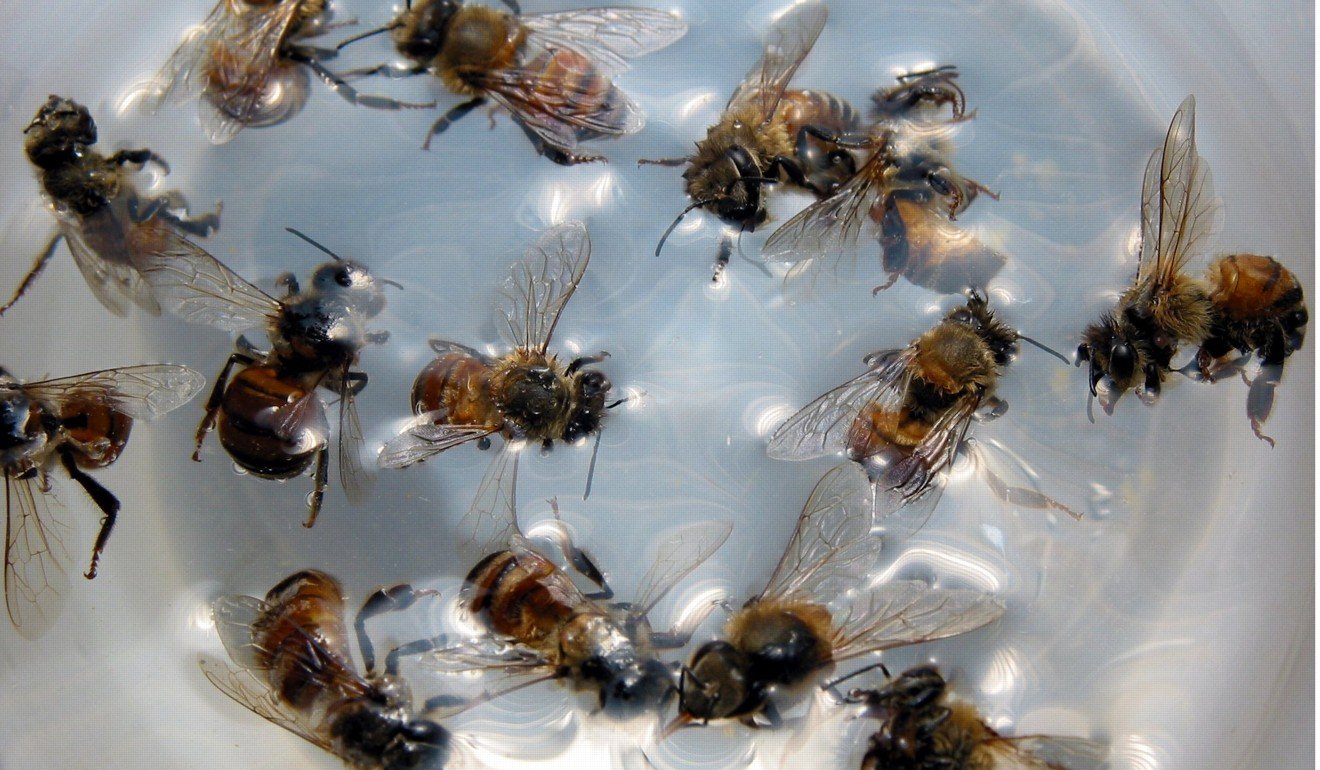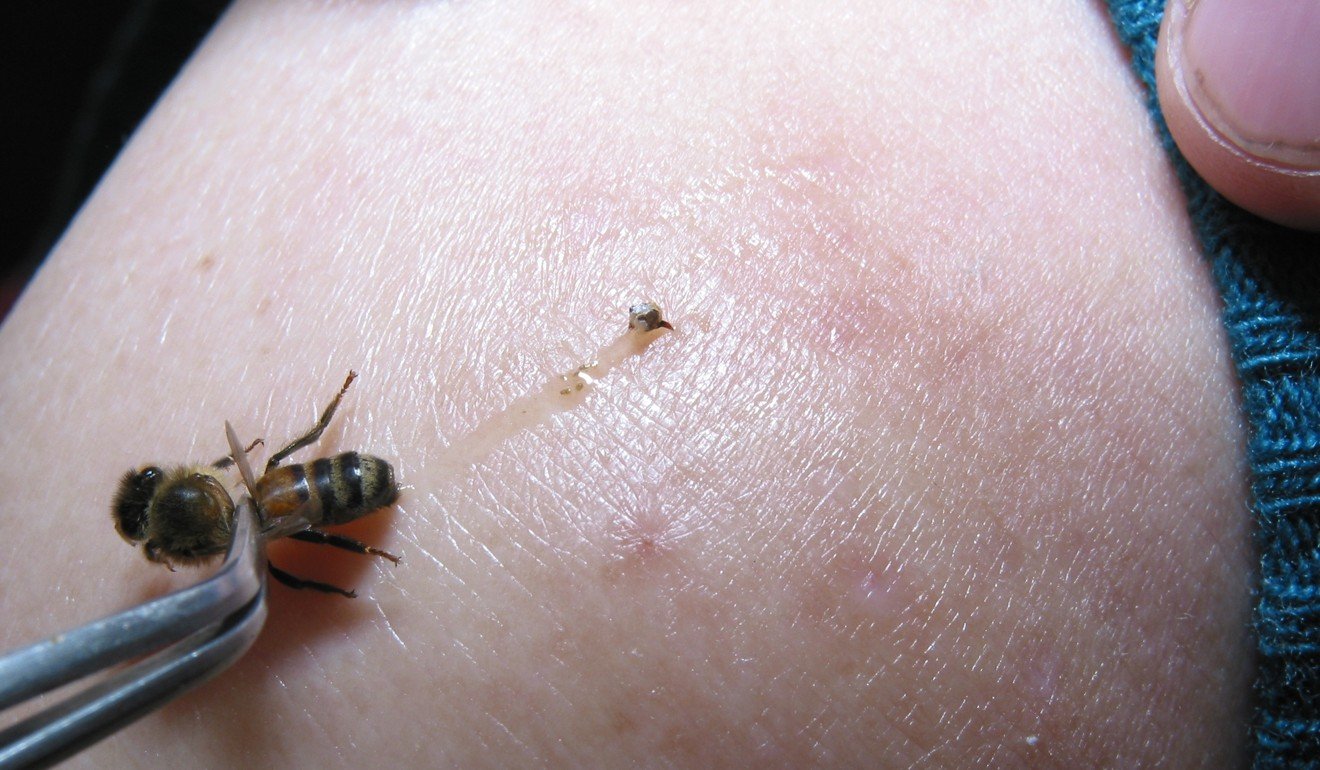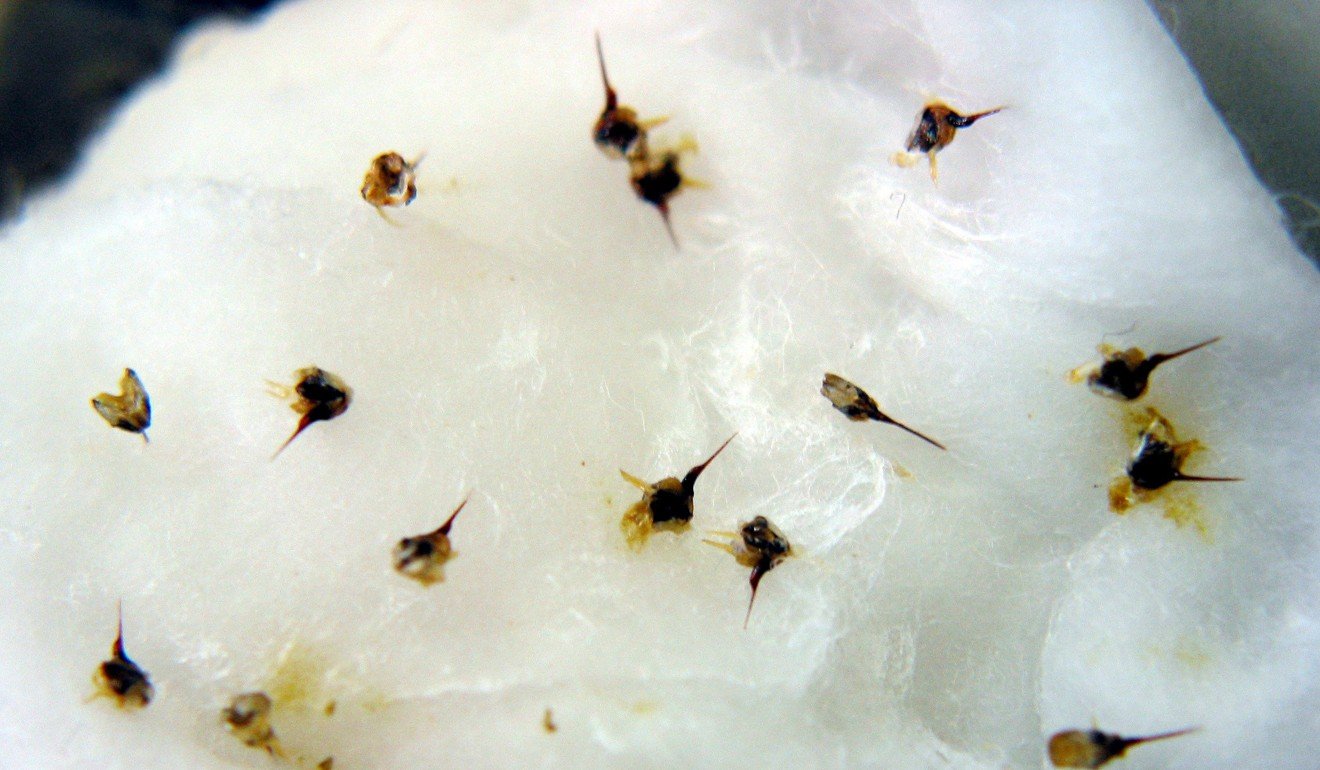
Spanish woman dies after acupuncture session that used live bees instead of needles
The case is believed to be the first fatality involving bee-sting ‘apitherapy’
A woman in Spain died after undergoing a supposedly routine “bee acupuncture” treatment and then suffering an allergic reaction that put her in a coma.
The alternative medicine procedure is more or less what its name conjures up: instead of a needle, an acupuncture practitioner injects bee venom into the body at certain points. In some instances, live bees are used to sting and inject venom into the person directly.
The case in Spain involved live bees, according to the Journal of Investigational Allergology and Clinical Immunology, a Spanish medical journal. The patient, a 55-year-old woman, had already been going to such bee acupuncture sessions every four weeks over a two-year period to treat stiff muscles and stress, the journal stated.

The woman had no history of other illness, such as asthma or heart disease, nor a history of being allergic to insect bites or bee stings before, according to her case study. In two years, she had reportedly withstood all of her bee acupuncture sessions “with good tolerance,” the journal stated – until her last visit, when she suddenly had an adverse reaction to a sting.
The risks of undergoing apitherapy may exceed the presumed benefits, leading us to conclude that this practice is both unsafe and unadvisable
“She developed wheezing, dyspnea, and sudden loss of consciousness immediately after a live bee sting,” the report stated. “An ambulance was called, although it took 30 minutes to arrive.”
The woman was taken to a hospital but died “some weeks later,” the journal stated. During her allergic reaction, the woman’s blood pressure had dropped to the point of causing “a massive watershed stroke and permanent coma” leading to multiple organ failure, the study said.
The report did not specify exactly where in Spain or when her treatment took place.
“To our knowledge, this is the first reported case of death by bee venom apitherapy due to complications of severe anaphylaxis in a confirmed sensitised patient who was previously tolerant,” wrote the report’s co-authors, Paula Vazquez-Revuelta and Ricardo Madrigal-Burgaleta of the Ramon y Cajal University Hospital in Spain.

A message sent through the website for the American Apitherapy Society was not immediately returned Wednesday. A call to the number listed online for the group led to an invalid number message.
There is relatively little published in medical journals on how effective bee acupuncture is. A 2015 report by the National Centre for Biotechnology Information, which reviewed 145 studies involving bee venom, found that about 29 per cent of patients experienced “adverse events related to venom immunotherapy,” a far greater frequency compared to saline injection.

“Adverse events related to bee venom therapy are frequent,” the report’s authors stated. “Therefore, practitioners of bee venom therapy should be cautious when applying it in daily clinical practice, and the practitioner’s education and qualifications regarding the use of bee venom therapy should be ensured.”
In the report about the woman’s death in Spain, the co-authors said outright that patients should avoid the practice because of its risks.
“The risks of undergoing apitherapy may exceed the presumed benefits, leading us to conclude that this practice is both unsafe and unadvisable,” Vazquez-Revuelta and Madrigal-Burgaleta wrote.

